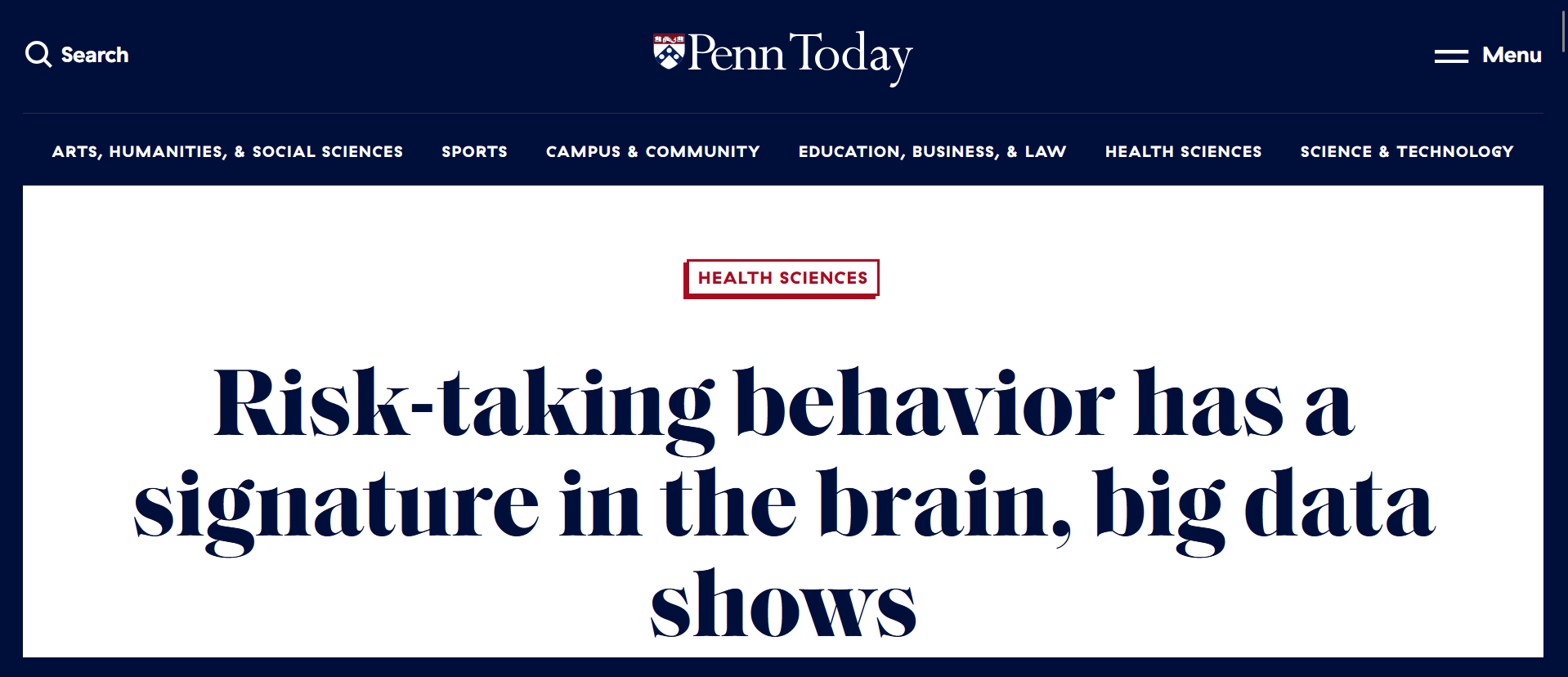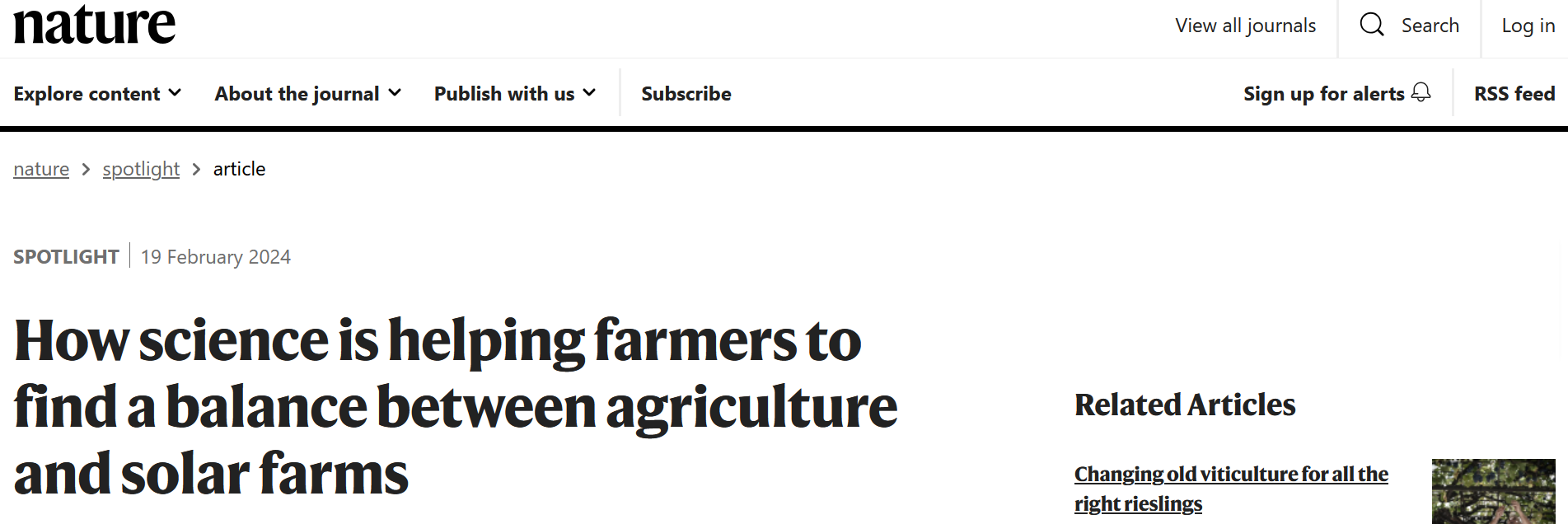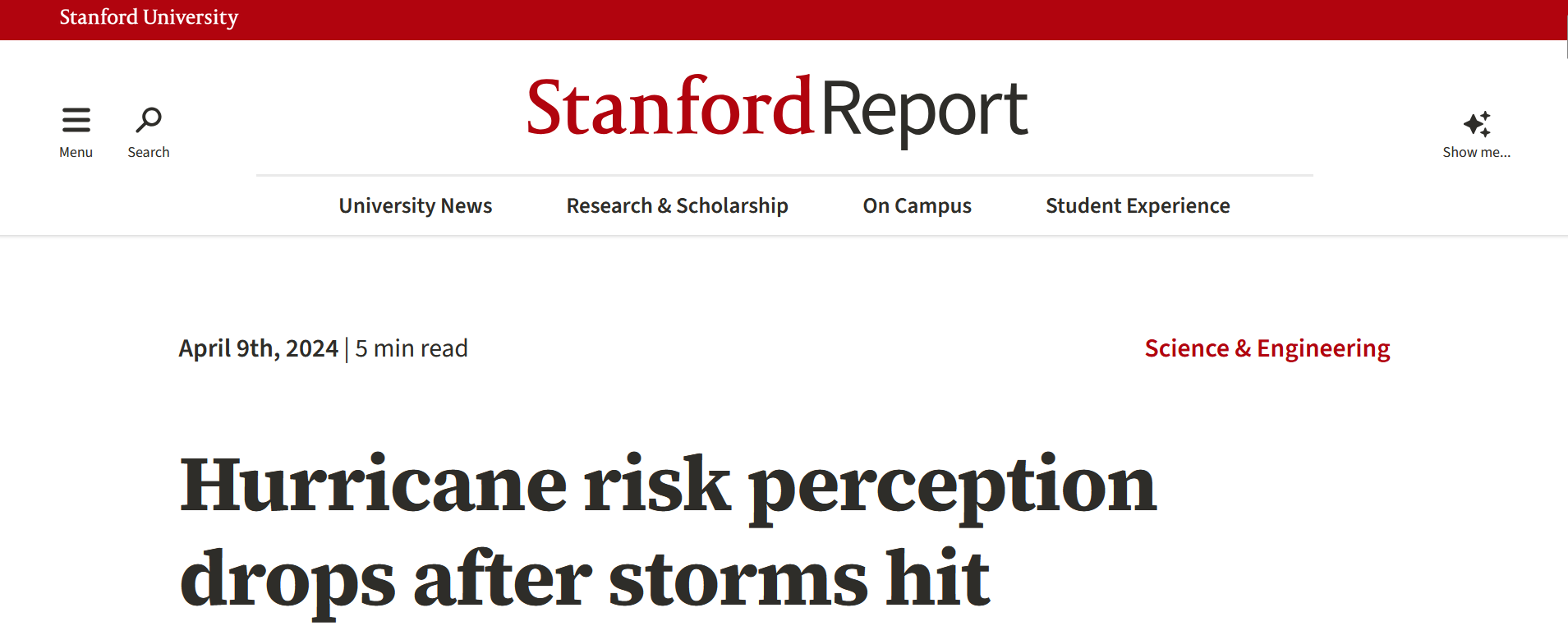“People at risk (1) are taking the risk (2) of staying at home despite the risk (3) of a volcanic eruption, which poses risks (4) to the integrity of their homes and their lives due to the significant risk (5) posed by volcanic lava in the event of an eruption. Most people who chose not to evacuate perceived a lower risk (6) of fatality.”
To talk about risk, you first need to understand what it is. "Risk" is often associated with danger, something bad or harmful; but from a statistical perspective, risk is simply a number: the probability of something happening, whether good or bad. Additionally, it is a feeling that depends on individual interpretations.
These are six different meanings of the word ‘risk’, along with examples of how these meanings are reflected in headlines.
1. Vulnerability or susceptibility to potential harm
When something or someone is at risk, it means they are more vulnerable or susceptible to undesirable events occurring. Being a minor, having a disease, or living in a certain geographic location are examples of factors that can put us at risk, that is, make us more vulnerable.


2. A potential opportunity where you can gain or lose
When someone decides to take a risk, it means they see an opportunity but accept the possibility of either gaining or losing, depending on the outcome of their decision. People take risks, for example, by investing despite uncertainties, going fishing despite poor weather conditions, or opting for surgery despite potential complications.


3. Probability of an event occurring
When risk is estimated statistically, it results in a number that indicates the probability of an event happening (absolute risk). We also find estimates that show how much a risk has increased or decreased compared to another (relative risk). Risk understood as a number is commonly found in health studies and meteorology.


4. Consequences and potential outcomes
Risk can refer to the consequences resulting from an action, event, or situation. For example, the risks associated with alcohol consumption include accidents and diseases, while the risks associated with a 2°C increase in global temperature include disruptions to ecosystems and various disasters.


5. A hazard or risk factor with the potential to cause harm
Sometimes, ‘risk’ refers to the inherent danger of an object or situation, that is, its potential to cause harm. For example, saying that alcohol is a risk to health, that working at great heights is risky, that plastic is a risk to marine life, or that hurricanes pose risks to communities refers to their intrinsic capacity to cause damage.


6. A subjective feeling that depends on individual perceptions
Sometimes, when we talk about risk, we are actually referring to risk perception. Risk does not exist independently of our minds and cultures, as psychologist and risk communicator Paul Slovic explains. Risk is also a subjective feeling that varies depending on individual perceptions, the emotions involved, and the cultural context. Flying on an airplane, facing a pandemic, or experiencing a terrorist incident evoke different feelings of risk in each person.


Several meanings can be present at once. For example, we can talk about risk understood as a consequence, but if this consequence is estimated statistically, it is also a probability.
By unravelling the multiple meanings of ‘risk’, we can have clearer conversations and navigate risk information more effectively.
This article has been reviewed by Leonor Sierra.





